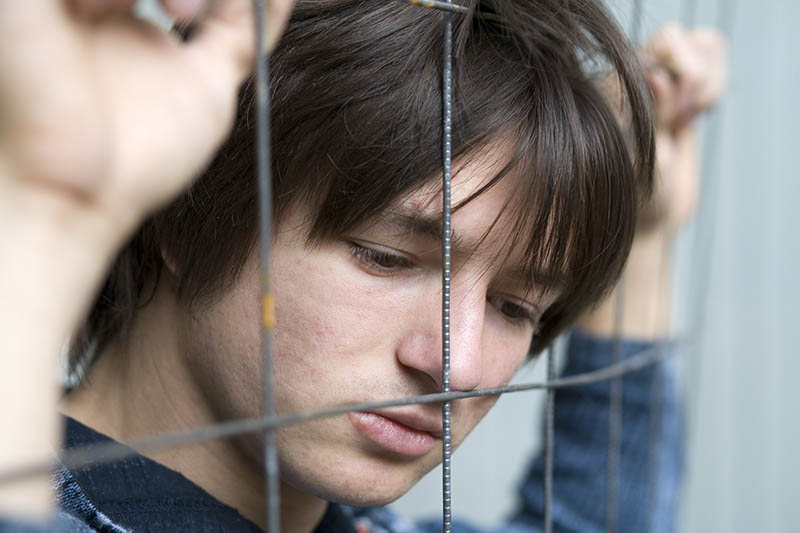Detox Treatment with Opioids in America
Detox Treatment with Opioids in America
What is an opioid
An opioid is a group of strong painkiller drugs derived from a plant or synthetically ingredients made in a lab. The drug interacts with opioid receptors in the cells and releases signals that mute the perception of pain and rather release the feeling of pleasure. This can influence addiction or can result in an overdose. An opiod slows down breathing and heart rate, causes sleepiness, and temporary feel-good release. However, opioids can cause respiratory depression which can lead to respiratory failure and death. Types of opioids include oxycodone (OxyContin, Percacet), hydrocodone (Vicodin), and fentanyl (Actiq) which is synthesized to resemble heroin and morphine. If you or a loved one suffer from opioid addiction, do not be afraid to seek help from a detox treatment that has the expertise to help you, like Iris Healing® Retreat.
What is the Opioid Epidemic
By the late 1990s, pharmaceuticals began to push opioids, reassuring the public that they were safe so doctors heavily prescribed opioids to their patients. With little understanding of the effects, people used opioids, and misused them. Then overdoses increased. It became apparent that opioids have addictive properties. Opioids have decreased in prescriptions, but there has also been a shortage, turning fentanyl users to illegal drugs like heroin. Statistics on opioids use:- 64,000 people die each year from using opioids
- 175 people overdose and die from opioids per day
- 2.1 million people have an opioid use disorder
- 11.4 million people misused prescription opioids in 2017
- 886,000 people use heroin in 2017
- 81,000 people used heroin in 2017 for the first time
- Heroin use has doubled in the past decade amongst people ages 18-25
- There is a rise of newborns experiencing opioid withdrawal syndrome due to parent misuse during pregnancy




